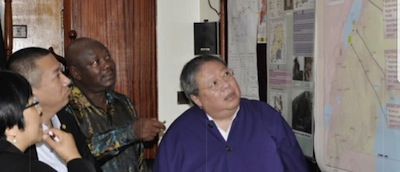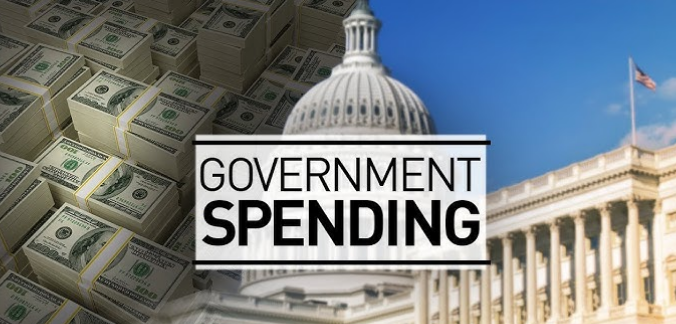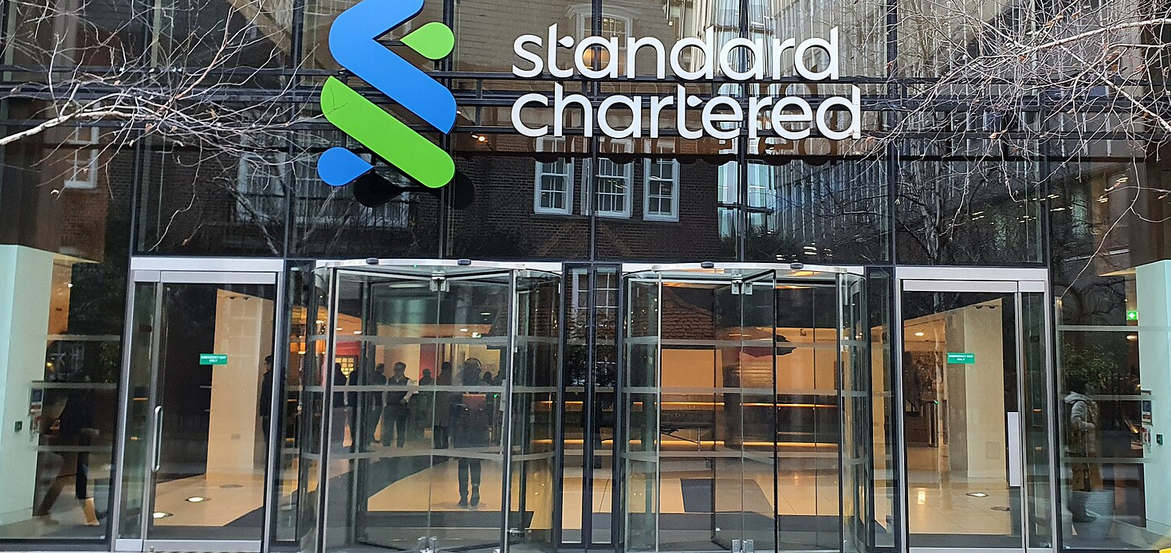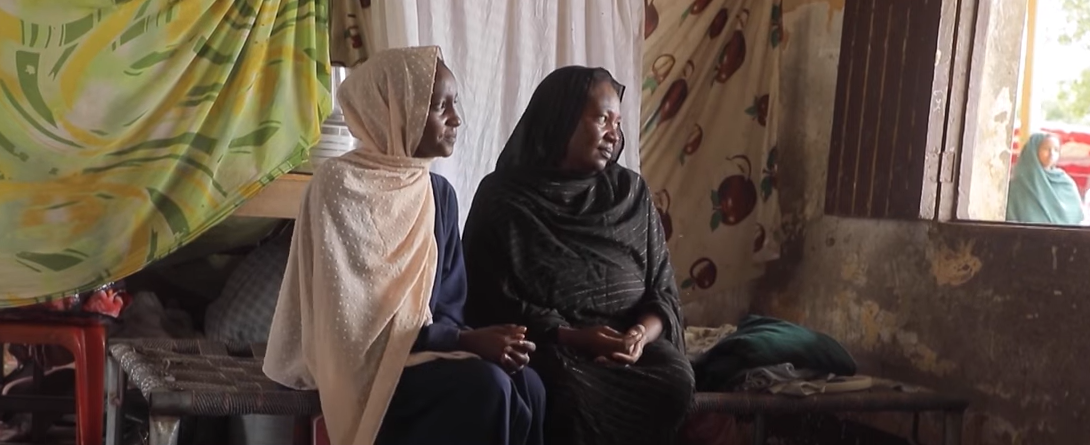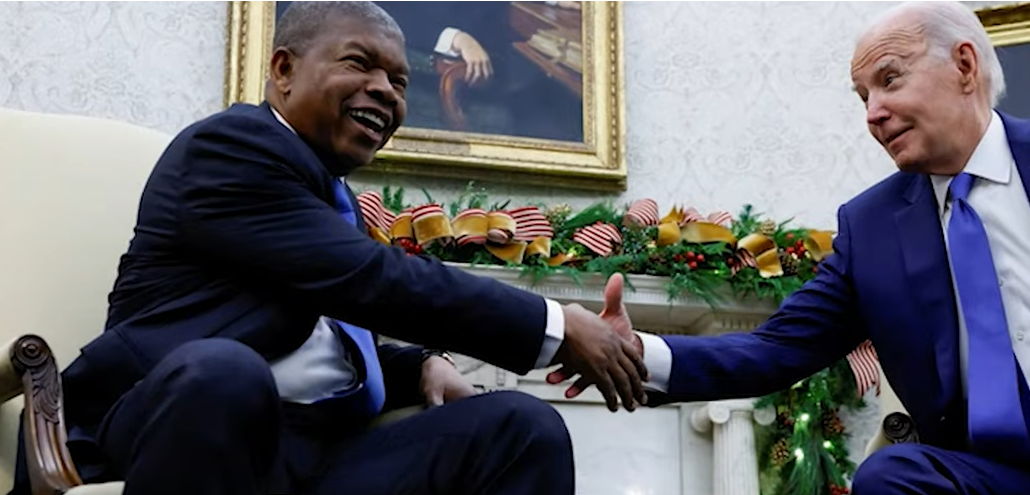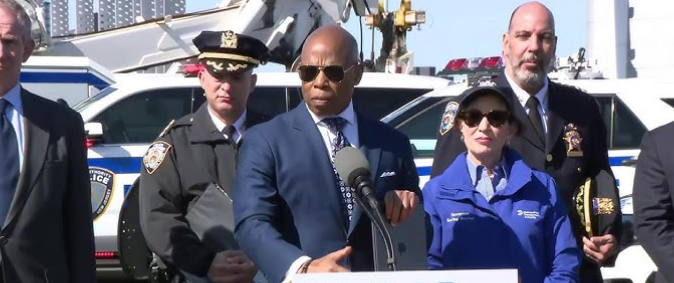Ho, in purple shirt –he’s worn a similar purple shirt every day during his ongoing trial– here shown inspecting maps of oil fields in Uganda. Photo was one of several offered as evidence by U.S. during trial.
In closing arguments today an Assistant U.S. Attorney asked a jury to convict Chi Ping Patrick Ho a Hong Kong businessman for paying $3 million in bribes to three African leaders, including Presidents Idriss Deby of Chad and Gen. Yoweri Museveni of Uganda.
Ho faces 30 years in prison if convicted on all eight counts of bribery, money-laundering, and related conspiracy charges.
Both sides presented closing arguments and the jury will begin deliberations on Wednesday morning at 10 a.m. in a trial that started last Monday. The jury heard testimony from Vuk Jeremic a former president of the United Nations General Assembly, a former Senegalese foreign minister, and FBI agents in the case.
The trial is in federal court in Manhattan before judge Loretta Preska. Assistant U.S. Attorney Doug Zolkind told jurors that the defense was asking them to leave their commonsense at the doors of the courthouse in order not to convict Ho.
Documents the jury saw included e-mail messages and text messages exchanged by the defendant Ho and former Senegalese foreign minister Cheikh Tidiane Gadio; Uganda’s foreign minister Sam Kutesa and his wife Edith; and, other parties and individuals across several continents. Jurors heard a recorded conversation where Ho spoke about bribe money he paid to a former President of the U.N. General Assembly, John Ashe, now deceased.
The schemes on which Ho is on trial for, beginning in 2014, were hatched in meetings at the U.N., the private residence of Kutesa while he was in New York in his post as President of the U.N. General Assembly from 2014 to 2015, and at least in one meeting held at Trump World Tower, near the U.N., Zolkind told the jury.
The $2 million Ho offered Deby was delivered when he flew to Chad for a second meeting together with other CEFC executives in December 2014 in a private jet. The cash was wrapped inside gift boxes. When Deby rejected the money, the defendant after returning to China wrote a letter to Deby saying that CEFC was making a $2 million charitable contribution to the people of Chad, even though this was after-the-fact.
CEFC was seeking to win an oil concession whose estimated value is $3 billion, Zolkind said.
Ho wired in May 2016, $500,000 to Uganda’s foreign minister Sam Kutesa in an account provided by Kutesa and his wife, Edith. Ho and other CEFC executives also took to Uganda $500,000 in cash to bribe Museveni; the money was referred to as a “campaign contribution” in some CEFC correspondence and in others as a “nice gift” Zolkind told the jury. It was delivered when Ho and other CEFC executives traveled at the invitation of Gen. Museveni, who has been in power for 32 years, for his May 12, 2016 inauguration. The election itself was way over, having been held Feb. 18, 2016.
On May 10, 2016, the day before departing to Uganda, Ho sent a note to the Kutesas saying, “We shall require some special assistance with your customs officials,” in reference to the $500,000 in cash for Museveni, Zolkind told the jury.
In Uganda in addition to concessions in the oil industry CEFC was seeking business interests in agriculture, tourism, finance and banking, the jury heard. Later, Edith Kutesa sent Ho “confidential” information about the availability of Barclays Bank for purchase, the jury heard. CEFC also promised to make the Museveni and Kutesa families “local partners” in their investments in Uganda and share profits with them, Zolkind said.
After the visit to Uganda Ho wrote a report to Ye Jianming, the CEFC chairman, that Museveni would even reverse bids that had already been concluded in order to offer concessions to CEFC.
Zolkind told the jury to reject CEFC’s claims that the $2 million delivered to Chad and the $1 million to Museveni and Kutesa were “donations” to chad and Uganda. An FBI agent who monitored content on CEFC’s website over a two-year period testified that she found announcements about various donations by CEFC to different causes around the world, ranging from hundreds of thousands of dollars to $1 million to the U.N. CEFC even posted press releases about the company executives’ trips to Chad and to Uganda. Yet, there was no mention of any donations to either country.
“Don’t you think a $2 million donation to Chad deserves a press release on CEFC’s website?” Zolkind asked. “Don’t you think a $500,000 donation to Uganda deserves a press release?” he said, of the sum wired to the Kutesas.
“Does the sequence of events sound like someone who wanted to make charitable donations?” Zolkind asked after outlining the scheme to bribe Deby and Museveni. “Use your commonsense.”
Zolkind told the jury Ho could be convicted under U.S. laws and Chadian and Ugandan laws. He said Judge Preska would give instructions about the laws of the African countries to the jury.
Charged initially with Ho was Gadio, Senegal’s former foreign affairs minister and a friend of Deby. He was initially charged with accepting a $400,000 bribe as the intermediary between Ho and his CEFC colleagues and President Deby. However, in September 2018, the U.S. dropped charges against Gadio, who became a witness for the government. Gadio testified that Deby had rejected the bribe offer and threatened to expel Ho and the CEFC executives from Chad in December 2014. CEFC later wrote the letter after-the-fact offering the “donation.”
Gadio testified that he wasn’t aware CEFC executives had brought $2 million with them to offer Deby a bribe. He traveled separately to the meeting he helped arrange. Gadio testified that the $400,000 payment he received in two installments of $200,000 –in February 2015 and in March 2015– was for the work his consulting company SARATA had done for CEFC, through Ho.
Gadio’s testimony was bolstered by a December 2014 e-mail message from his son, who is also his business partner, when Gadio feared CEFC was trying to cut them off in order to deal directly with Deby. The son wrote that he believed they wouldn’t be cut off since CEFC’s attempt to bribe Deby hadn’t worked.
In its own closing Ho’s attorney’s told jurors that Gadio’s testimony was worthless since he wasn’t reliable.
Jurors will deliberate starting tomorrow morning.


